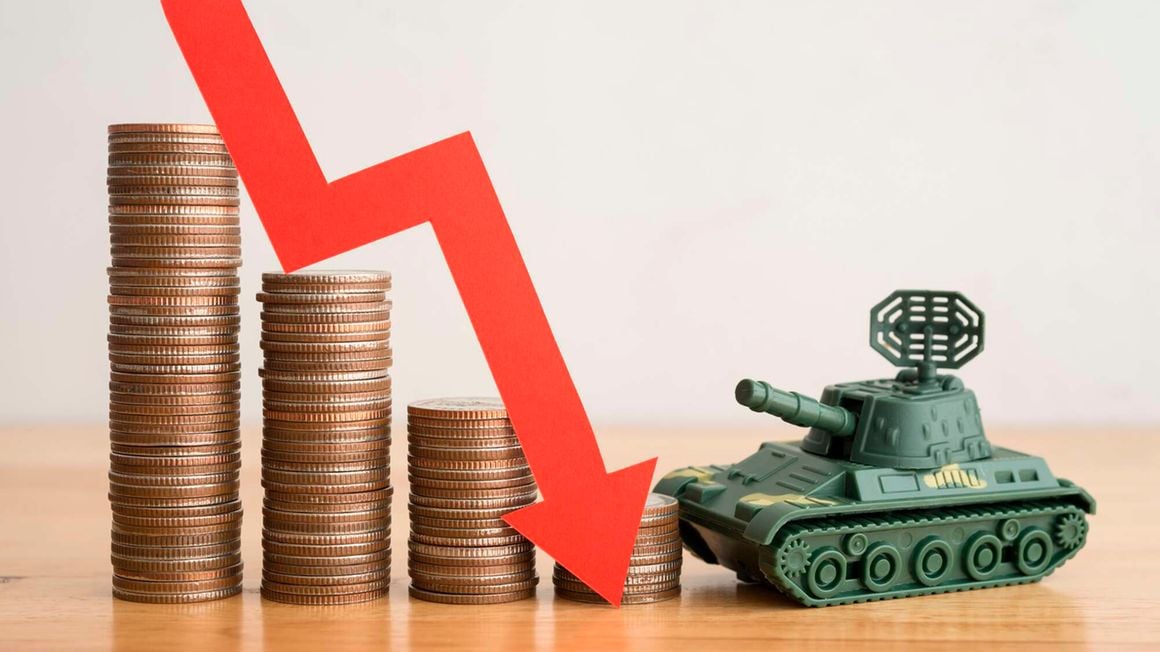
Inflation is wiping out returns on fixed deposit accounts. PHOTO | POOL
Kenyan depositors’ money lost its buying power by an estimated 2.36 per cent in September, the lowest real interest rate on long-term savings since May 2017 as a spike in the cost of living ravaged investors.
Data from the Central Bank of Kenya (CBK) shows that lenders paid an average gross interest rate of 6.83 per cent on fixed deposit accounts in September, a marginal drop from 6.93 per cent in August.
However, this return was wiped out by the inflation rate of 9.18 per cent in September, reducing the purchasing power of the depositors' savings by an average of 2.36 per cent.
This means that the savings will buy fewer goods and services in the economy as prices of a wide array of goods and services have risen at a faster pace than returns on short-term investments.
Fearing further losses, investors have been forced to slash their cash holdings while others have converted their savings into foreign currencies, especially US Dollars, to hedge their wealth against the jump in prices of goods and services, also known as inflation.
Analysts expect real interest rates—the interest rate that has been adjusted for inflation— to have continued to decline in the months of October and November when inflation increased to higher levels of 9.6 per cent and 9.5 per cent respectively.
The real interest rate in September was the lowest since May 2017 when inflation of 11.7 per cent wiped out an average price of 7.07 per cent that banks paid for the deposits they held.
ALSO READ: Inflation biggest headache among Kenyan investors
The increase in inflation has been caused by a spike in prices of food and fuel caused by drought, the war in Ukraine and the lingering effects of the Covid-19 pandemic.
Inflation has also hit workers hard, with real average earnings, or earnings adjusted for inflation, decreasing by 3.8 per cent to Sh718,800 in 2021.
Half of the high-net-worth individuals cite inflation as a high concern, according to Standard Chartered’s Wealth Expectancy Report 2022.
The report noted that 67 per cent of Kenyan investors plan to reduce their cash holdings to outpace inflation, compared to 61 per cent of the global investors that opted for this route to deal with inflation.
“Investors face a complex reality, with inflation, the threat of recession and an uncertain global economy ranking as their top concern,” said Paul Njoki, head of affluent banking and wealth management for Standard Chartered in Kenya and East Africa.
High inflation combined with the weakening of the Shilling has also seen the super-rich convert their cash reserves into dollars, which is increasingly taking over gold as a store of value in times of volatility.
READ: Inflation slows for the first time in 9 months amid CBK rate hikes
For example, foreign currency deposits surged to an all-time high of Sh904.3 billion in July as investors, fearing continued local currency and inflation, stockpiled dollars to cushion their wealth against these shocks.
→ dakure@ke.nationmedia.com




No comments :
Post a Comment